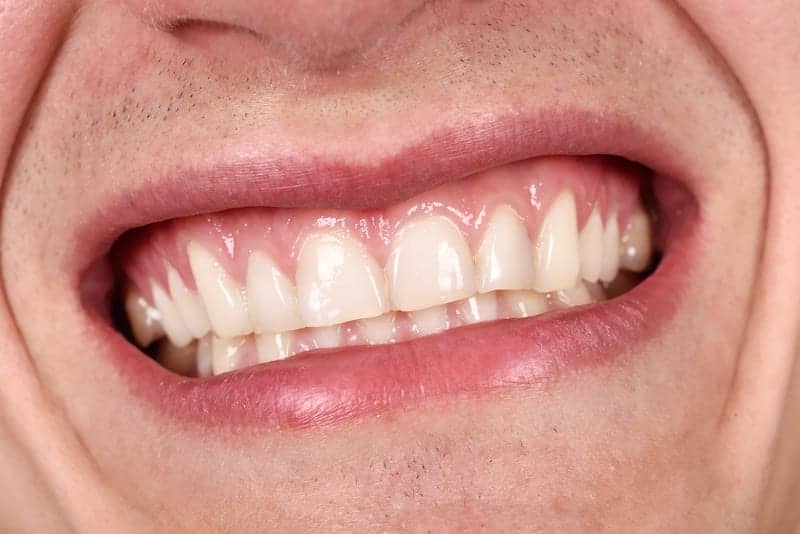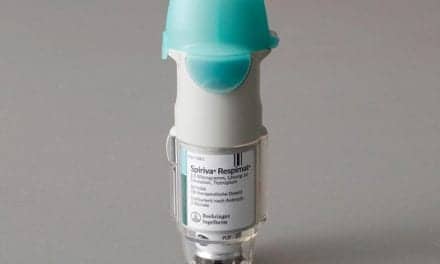A new study examining the relationship between gum bleeding and respiratory health found a consistent but unexplained link.
According to the authors, the purpose of this study was investigate “the associations between gum bleeding and asthma symptoms, asthma and self-reported COPD,” as well as to explore “potential explanations for such associations, addressing the role of smoking, asthma medication, metabolic pathways, developmental pathways, and local factors such as dental hygiene and gastro-oesophageal reflux (GERD).”
The study population consisted of 13,409 people in the general population of northern Europe who completed postal questionnaires. Specific questions assessed respiratory health, frequency of gum bleeding, smoking history, as well as demographic data. The researchers discovered that education level, increased BMI, cardio-metabolic diseases, rarity of teeth brushing, and GERD increased the likelihood of gum bleeding.
The authors say, “The prevalence of all the respiratory outcomes increased with increasing frequency of gum bleeding.” This was particularly true for asthma and self-reported COPD, and “the risk of wheeze with shortness of breath when not having a cold was almost tripled in those with frequent gum bleeding,” according to the researchers.
Although scientists knew that inhaled medications affect gum health, in this study the researchers found “asthma symptoms were even more strongly associated with gum bleeding in asthmatics not using asthma medication.”










